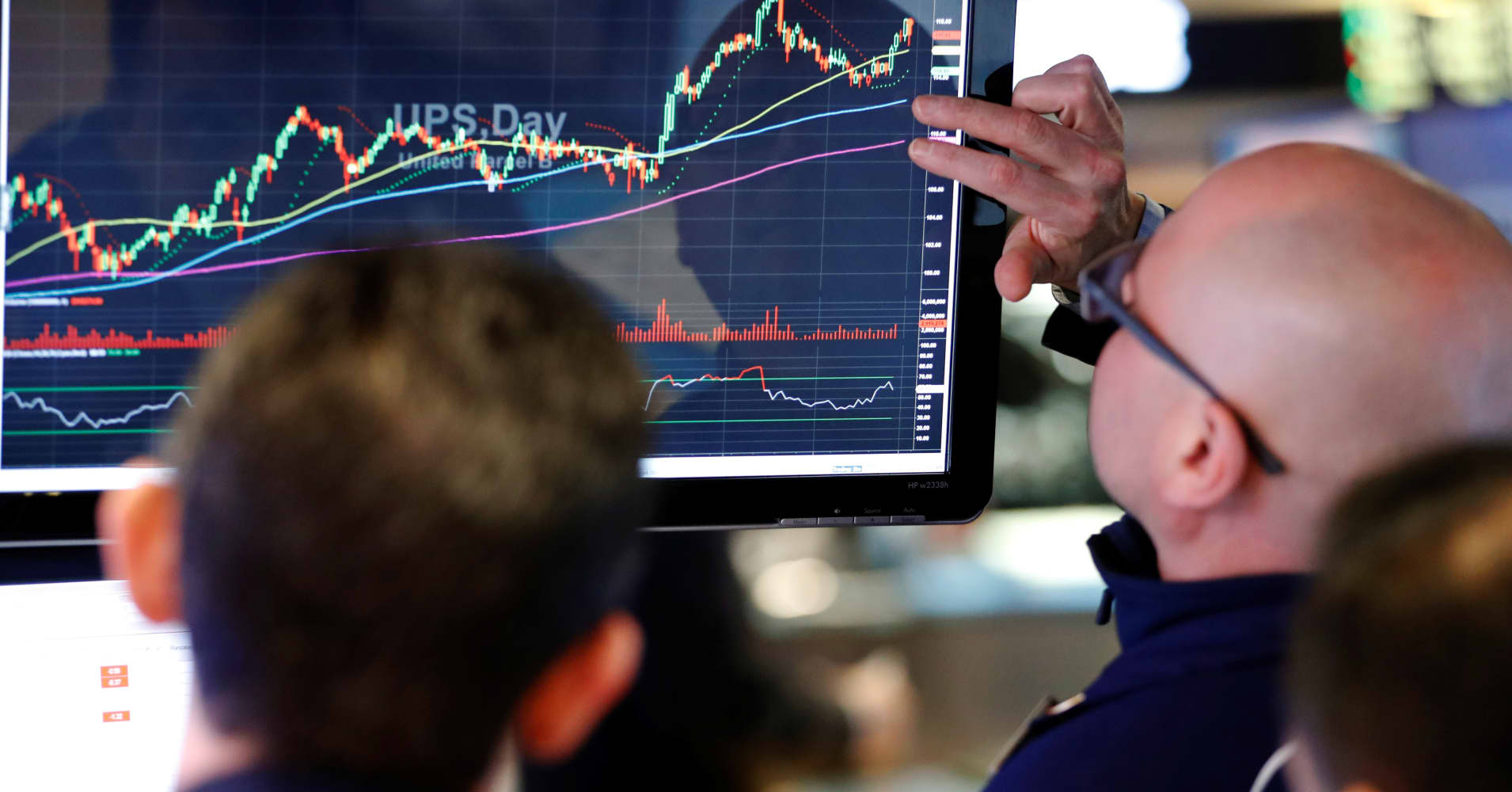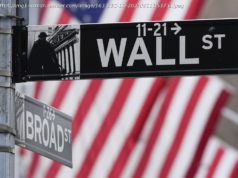 Key indicators are showing strength globally, so if U. S. markets experience a correction, investors shouldn’t sell risky assets, but buy them, strategist Tony Dwyer said Monday.
Key indicators are showing strength globally, so if U. S. markets experience a correction, investors shouldn’t sell risky assets, but buy them, strategist Tony Dwyer said Monday.
„I want to be [on the] offensive as the market’s coming down. And you can’t do that if you’re already [on the] offensive,“ Dwyer, chief market strategist at Canaccord Genuity, told CNBC’s “ Fast Money Halftime Report. “
„You don’t want to up your risk when all this stuff is overbought,“ he said.
With earnings improving, the dollar weakening and margins rising, Dwyer argued that rather than folding to sell-off pressure if the market dips, investors should keep in mind the global factors that could play out in their favor.
„Europe’s getting better. China’s getting better. All of these economies are doing well,“ he said. „The data is getting way better because the monetary stimulus globally is finally working its way through the system, especially… the ECB purchases of corporate bonds. “
Dwyer said the European Central Bank ’s action served as an injection of money into the economy that helped drive key indexes like the global purchasing managers‘ index and Citigroup’s Economic Surprise Index higher.
A correction would most likely come from the market underestimating the Federal Reserve’s hawkishness in hiking interest rates, Dwyer said.
„Once you get that factored in you get a pretty nasty little correction, a 4 to 7 percent correction of an extreme and historical overbought condition on the indicators we use, and you’ve got to own it,“ he said.
It doesn’t take a genius to call a correction, Dwyer said. The problem isn’t the correction itself, he said — it’s how investors approach it when it happens.
„The thing is, what do you do with it? “ the strategist asked. „Even using my aggressive assumptions, your mean inversion is 15 months. We’re talking about no recession until 2020. So there are still a couple of years ahead when you can get giddy-up. „






